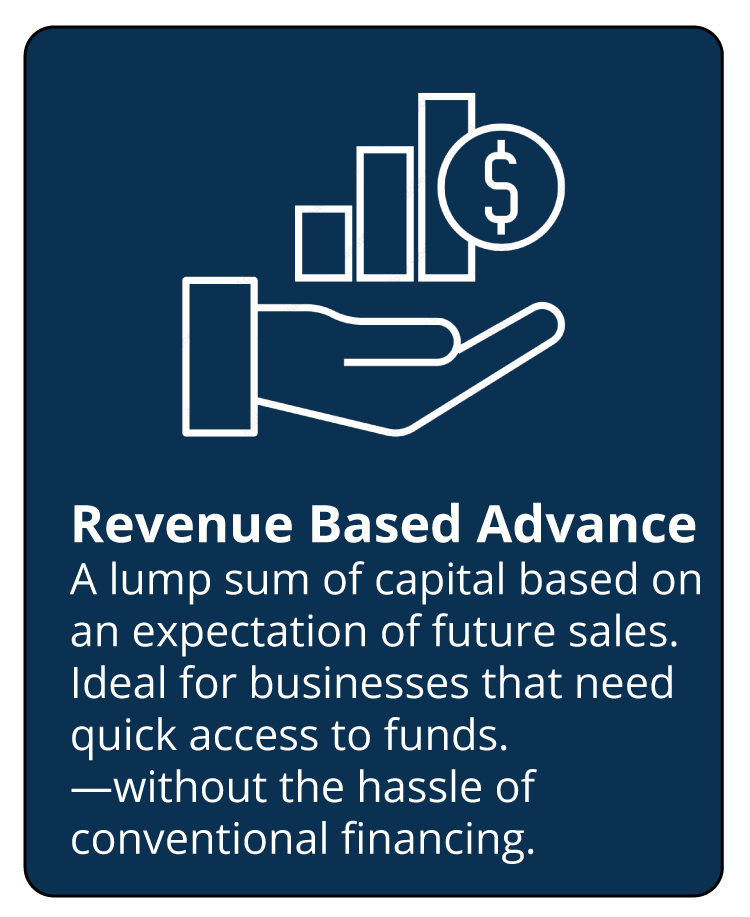
Flexible Funding Solutions for Every Business Need
Your growth deserves options. We deliver.
At iCapital Funding, we empower small and mid-sized businesses with quick, straightforward funding solutions. Our streamlined online application process and rapid approvals focus on your business potential, not just credit scores.
Our Funding Options

Why Choose iCapital Funding?
Our easy application process makes finding out how much capital you qualify for simple and quick.
- Fast approvals—funding in as little as 24 hours
- Transparent terms, no hidden fees
- Personalized support from real Funding Specialists
Ready to See What You Qualify For?
Apply in minutes. No obligations. No impact on your credit.


